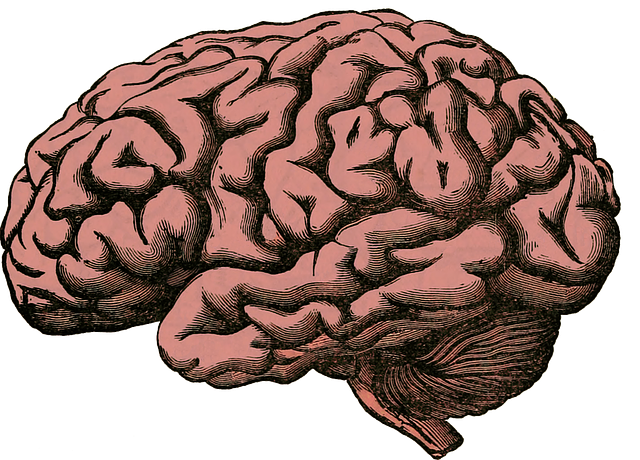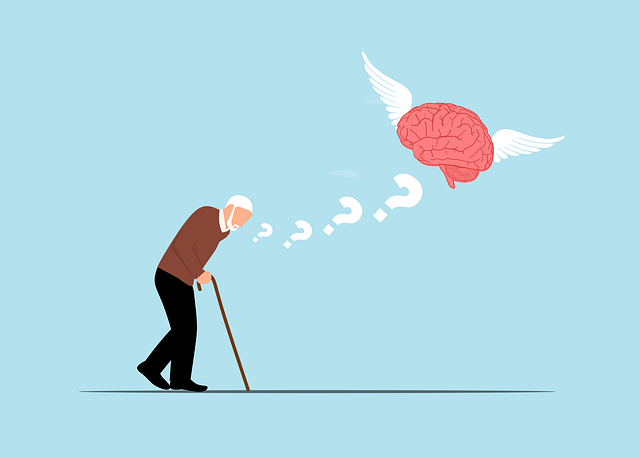The "Lone Tree Crisis" metaphorically describes the isolation and struggle faced by healthcare providers due to burnout, caused by emotional exhaustion, cynicism, and detachment related to high patient loads and lack of support. This issue significantly impacts mental health and care quality. Proactive strategies like integrating emotional intelligence into professional development programs can help manage stress, enhance self-awareness, and improve patient care. Lone Tree Crisis Counseling Therapy offers tailored support through podcasts, community outreach, and trauma services to prevent burnout and promote resilience among healthcare workers. Their holistic approach addresses mental health issues, reduces stigma, and fosters a healthier work environment, ultimately enhancing job satisfaction and patient outcomes.
In today’s demanding healthcare landscape, burnout among providers is a growing concern. This article explores effective strategies to combat this silent epidemic, focusing on the unique challenges of what’s often referred to as the “Lone Tree Crisis” – the isolation and stress faced by solo or rural practitioners. We delve into recognizing signs of exhaustion, implementing sustainable practices, and the pivotal role of counseling and therapy in mitigating burnout, providing a roadmap for healthcare professionals to thrive.
- Understanding Burnout in Healthcare Providers: The Lone Tree Crisis
- Recognizing the Signs and Symptoms of Exhaustion
- Effective Prevention Strategies for a Sustainable Practice
- The Role of Counseling and Therapy in Mitigating Burnout
Understanding Burnout in Healthcare Providers: The Lone Tree Crisis

Healthcare provider burnout is a growing concern, often manifesting as what’s commonly referred to as the “Lone Tree Crisis.” This metaphorical term depicts the isolation and struggle of individual healthcare workers, much like a lone tree standing tall yet vulnerable in a vast landscape. It signifies the emotional exhaustion, cynicism, and detachment that can set in when these professionals feel unsupported or overwhelmed. The pressure of prolonged caregiving, high patient loads, and often underappreciated efforts contribute to this phenomenon.
Burnout isn’t merely fatigue; it’s a complex issue impacting both mental health and the quality of care. This crisis demands proactive burnout prevention strategies for healthcare providers, including implementing policies that support mental health policy analysis and advocacy. One effective approach is integrating emotional intelligence into professional development programs. By fostering self-awareness, empathy, and stress management skills, healthcare workers can navigate challenging situations more effectively and maintain their well-being, thus enhancing patient care overall.
Recognizing the Signs and Symptoms of Exhaustion

Burnout is a serious issue for healthcare providers, impacting their well-being and patient care. Recognizing the signs and symptoms early on is crucial. Common indicators include increased irritability or frustration, feelings of emotional exhaustion, and reduced satisfaction in work. Healthcare professionals may also experience physical symptoms like chronic fatigue, insomnia, and frequent headaches. These subtle yet significant changes can be a warning sign that professional support is needed.
At Lone Tree Crisis Counseling Therapy, we understand the unique challenges faced by healthcare workers. Our Mental Wellness Podcast Series Production offers valuable insights and coping strategies tailored to their needs. Additionally, our Community Outreach Program Implementation and Trauma Support Services play a vital role in fostering resilience and preventing burnout. By prioritizing mental wellness, healthcare providers can better navigate the demands of their profession.
Effective Prevention Strategies for a Sustainable Practice

In the face of mounting challenges, healthcare providers, especially those offering Lone Tree Crisis Counseling Therapy, must implement robust prevention strategies to safeguard their well-being and maintain a sustainable practice. The risk assessment for mental health professionals is not merely an exercise but a crucial tool to identify early warning signs of burnout, stress, or potential crises. By regularly evaluating personal and professional factors, therapists can proactively manage risks associated with this demanding profession.
Adopting positive thinking techniques, cultivating resilience, and prioritizing self-care are essential components of a comprehensive prevention strategy. Incorporating trauma support services tailored to address the unique needs of both patients and practitioners can create a healthier work environment. These strategies not only enhance job satisfaction but also improve patient outcomes by ensuring mental health professionals remain equipped, engaged, and emotionally resilient in their practice.
The Role of Counseling and Therapy in Mitigating Burnout

Healthcare provider burnout is a growing concern, and counseling and therapy play a pivotal role in mitigating this issue. Lone Tree Crisis Counseling Therapy offers effective strategies to support professionals facing emotional exhaustion. Through self-awareness exercises, therapists help healthcare workers identify signs of burnout early, fostering resilience. These sessions provide a safe space for them to process their experiences, manage stress, and develop coping mechanisms tailored to their unique needs.
In addition to direct therapy, Lone Tree Crisis Counseling Therapy also facilitates Mental Illness Stigma Reduction Efforts, acknowledging the impact of societal perceptions on healthcare providers’ well-being. Trauma Support Services are another crucial aspect, addressing the high prevalence of trauma among medical professionals. By addressing these underlying issues, counseling and therapy not only help prevent burnout but also enhance overall mental health and job satisfaction.
Healthcare provider burnout is a pressing issue, particularly in isolated or rural areas often referred to as the “Lone Tree Crisis.” Recognizing the signs and implementing effective prevention strategies, such as incorporating counseling and therapy, are vital for mitigating exhaustion and fostering sustainable practices. By addressing these concerns, healthcare professionals can enhance their well-being and continue providing quality care.












